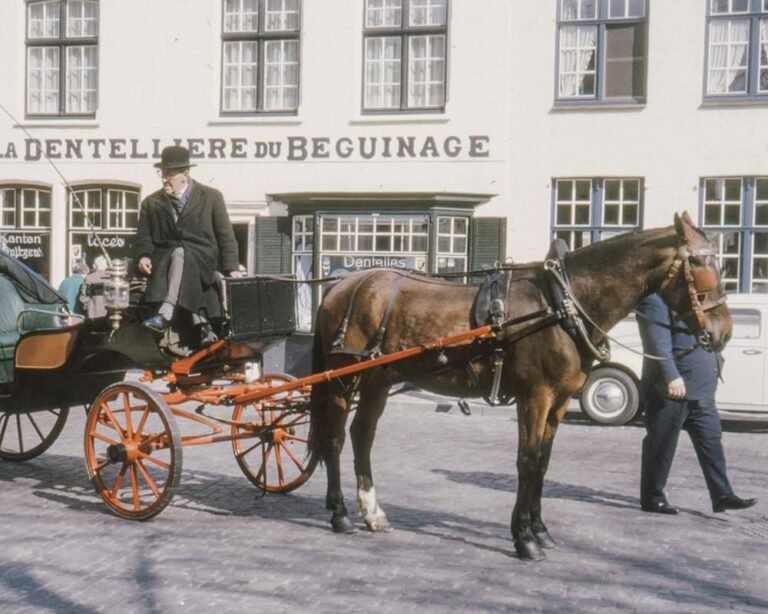tout baigne
“Tout baigne” is a French saying that literally means “everything bathes.” This conjures up visions of a perfect summer beach setting, where some people lay in the sun and others splash about in the water.
The meaning of the saying seems to confirm this, because it means “everything is going well, it’s happening for the best, there is no problem.”
However this idiom is a shorter form of the original, which was “tout baigne dans l’huile,” which means “everything bathes in oil.” That referred to the cooking process and meant that everything was going well, because everything that was meant to be cooked, was currently being cooked in oil. Imagine a large quantity of “frites” (fries) cooking in oil. If enjoying some freshly cooked frites was your priority, you would be happy to know that “tout baigne.”
This expression is relatively recent, dating from the middle of the 20th century.
Equivalent English sayings include “everything is hunky dory,” “everything is running as smooth as silk,” or “easy-peasy.”






